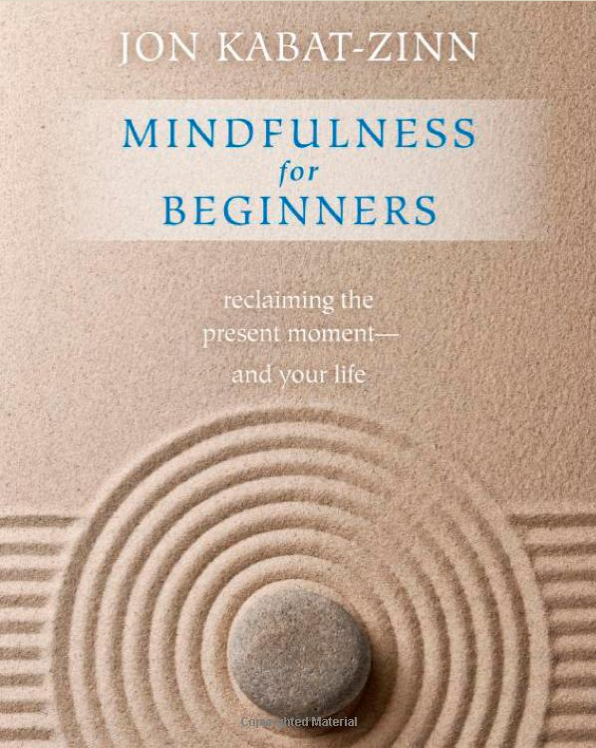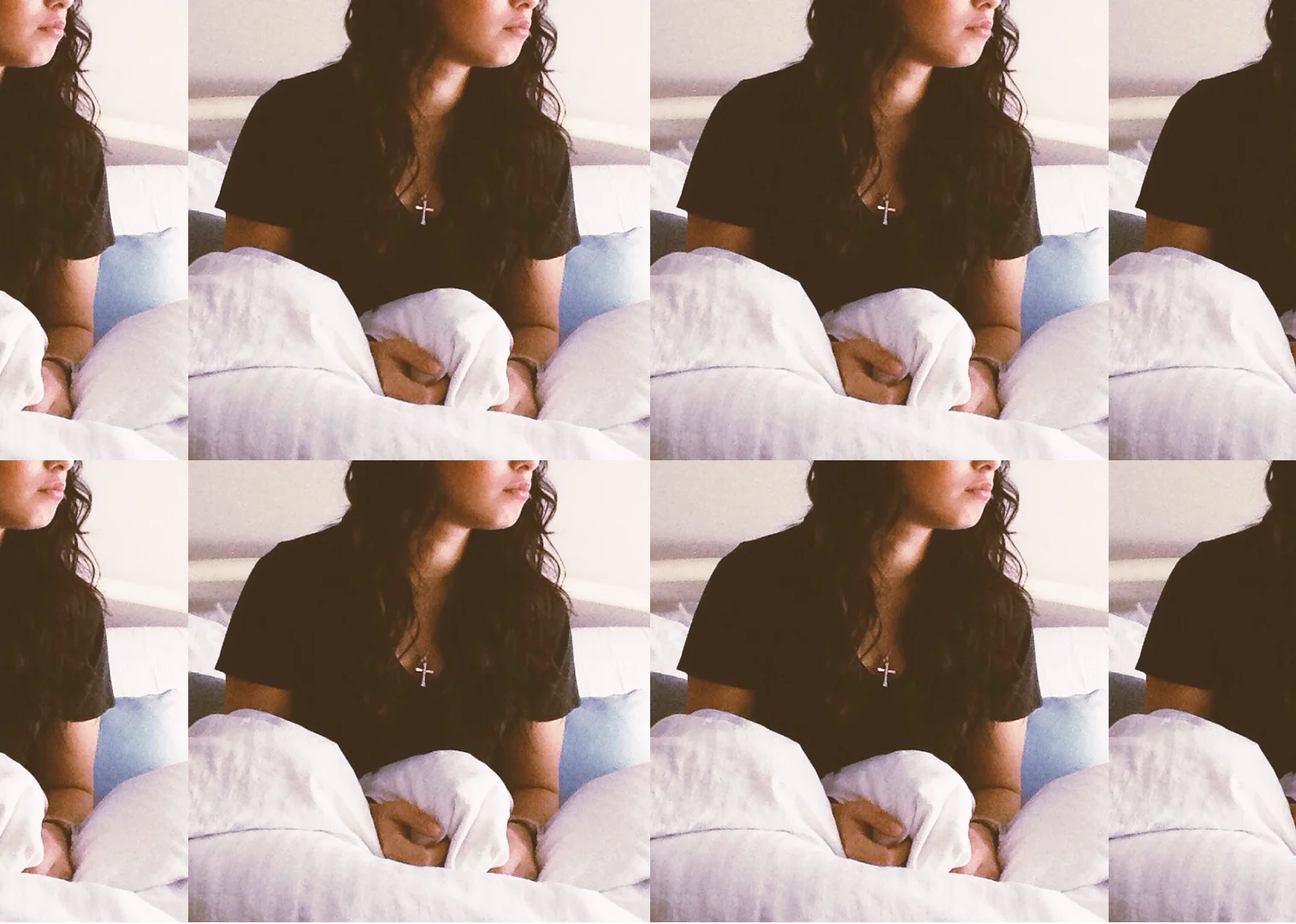TIPS FOR COPING WITH ANXIETY
Ever feel so anxious you can hardly function? It's easy to get consumed by stress, but what's the best way to get through it? "Start with prevention!" says Luisa Ladd, clinical psychologist of UC Santa Cruz's counseling and psychological services. "We all experience stress and anxiety, by the key is learning how to prevent and cope with stressors–and when to get help." Here, Dr. Ladd offers tips on how to handle life on the edge.
PREVENTION
Self care is key! Make sure to get enough sleep, nutritious meals, exercise (daily if you can), and limit alcohol and caffeine (both can make anxiety worse).
No more sleep drama! - If you are having trouble sleeping follow THESE sleep hygiene tips. In other words, these are tips to help promote good sleep. If you are doing all of these things, but are still having bouts of insomnia or anxiety is keeping you up at night, try exercise (but not too close to bedtime), meditation or yoga. If that doesn’t help psychotherapy may be a good option. Click HERE for info on Cognitive Behavioral therapy for insomnia.
Identify some of the signals of stress: Physical, as in trouble sleeping, body tension, chest tightening, shortness of breath, upset stomach, headache; Emotional/Internal. as in feeling anxious, emotional, low self-esteem, negative self-talk, feeling sad or depressed; Triggers, for example is there something specific that triggers anxiety? Work? Family? School? Relationships? Identify what is triggering stress and anxiety so you can work on it alone or with help.
COPING
There are short term, in the moment, and longer term or ongoing coping mechanisms that you can do to help!
Write in a journal - When you’re feeling stressed or anxious, write. See if a pattern of emotions or behaviors emerges and if it’s something you need help with changing. Practice mindfulness meditation - Mindfulness increases our present moment awareness and decreases anxiety, helping to minimize, for example, those worries about future. It can also help decrease depression. There are plenty of apps that can help with this such as Headspace, or Insight Timer (free playlists of guided meditation, sound healing, and more). Even 5 minutes a day helps!
Increase relaxation - Get a massage, listen to music, or learn deep breathing techniques (“count to 10” or “breathe for 5, hold for 5, breathe out for 5” 10 times in a row). Check out THIS video for instructions on breathing techniques.
Practice Yoga - Yoga can help relax as it incorporates relaxation, mindfulness, and exercise.
Know when it's time to get help - If you are feeling overwhelmed, anxious, or depressed for several weeks in a row, are having substantial trouble sleeping, using alcohol or drugs to cope, seek professional help. Ask your doctor for a referral to a psychotherapist.
Try therapy - Cognitive Behavioral Therapy (CBT) and Acceptance and Commitment Therapy (ACT), are evidence based treatments for anxiety that have been shown to be helpful. Ask your therapist if they are familiar with CBT or ACT based interventions. Mindfulness Based Stress Reduction (MBSR) is an 8 week program that has also been designed to decrease anxiety and depression.
Books to check out:
Mindfulness for Beginners
$12
The Anxiety & Phobia Workbook
$20
The content contained in this article is for informational purposes only. The content is not intended to be a substitute for professional medical advice, diagnosis, or treatment. Always seek the advice of your physician or other qualified health provider with any questions you may have regarding a medical condition. If you think you may have a medical emergency, call your doctor or 911 immediately. Neither Zendaya nor Whalerock Industries recommend or endorse any specific tests, physicians, products, procedures, opinions, or other information that may be mentioned on this site or Zendaya: The App. Reliance on any information provided therein is solely at your own risk.
Image Credit: Getty






